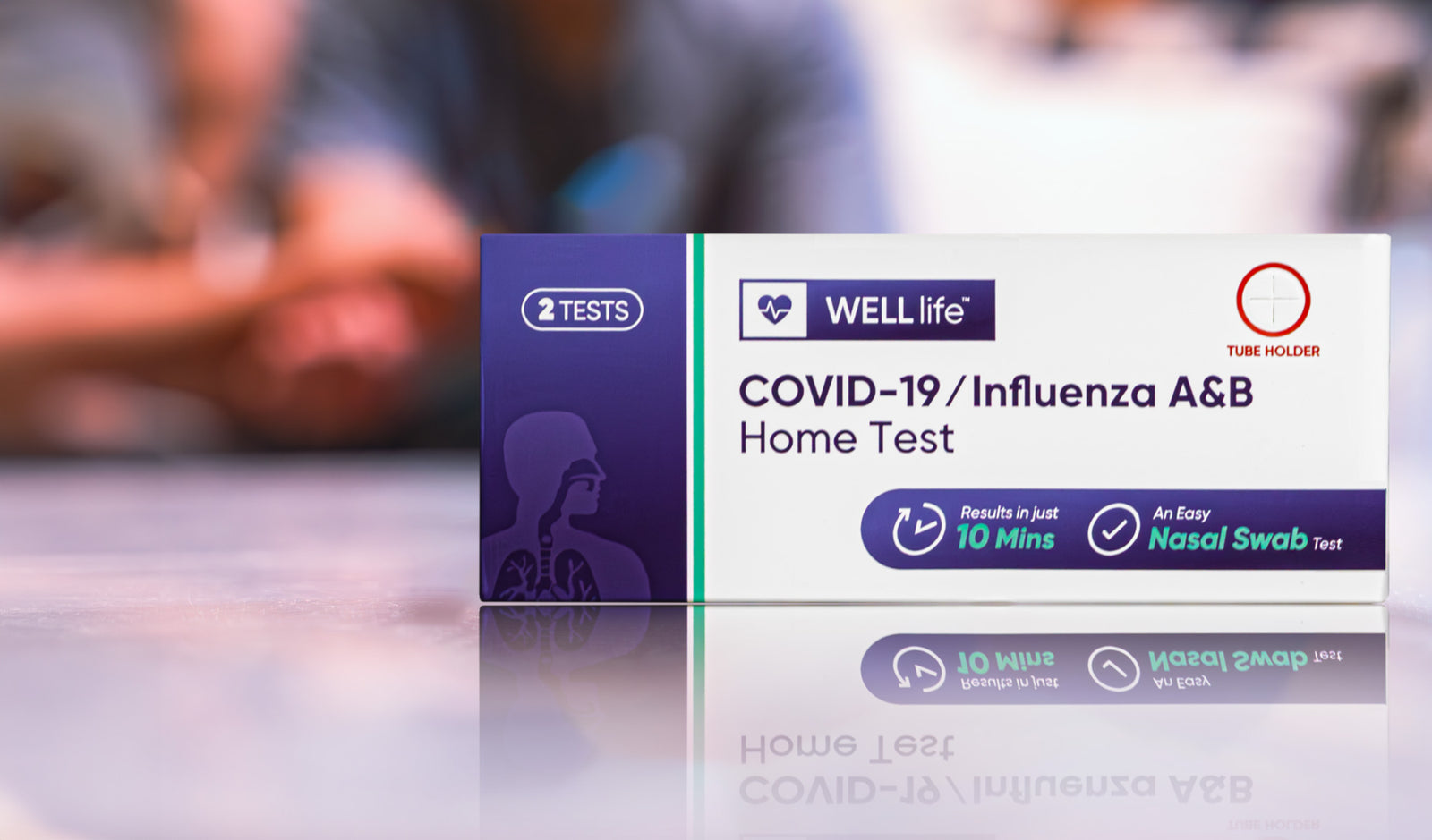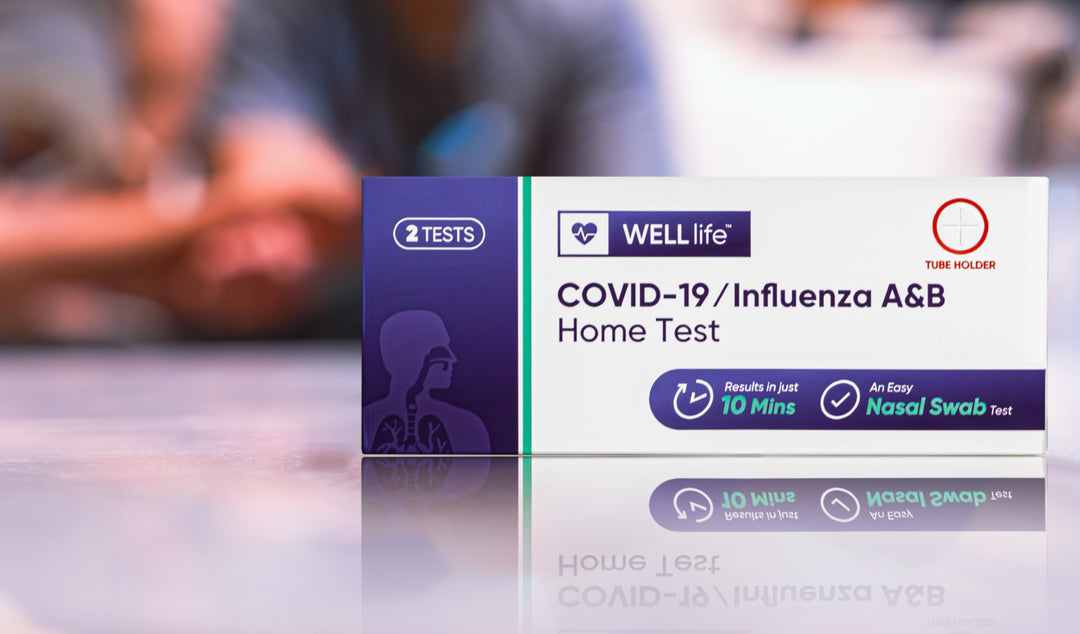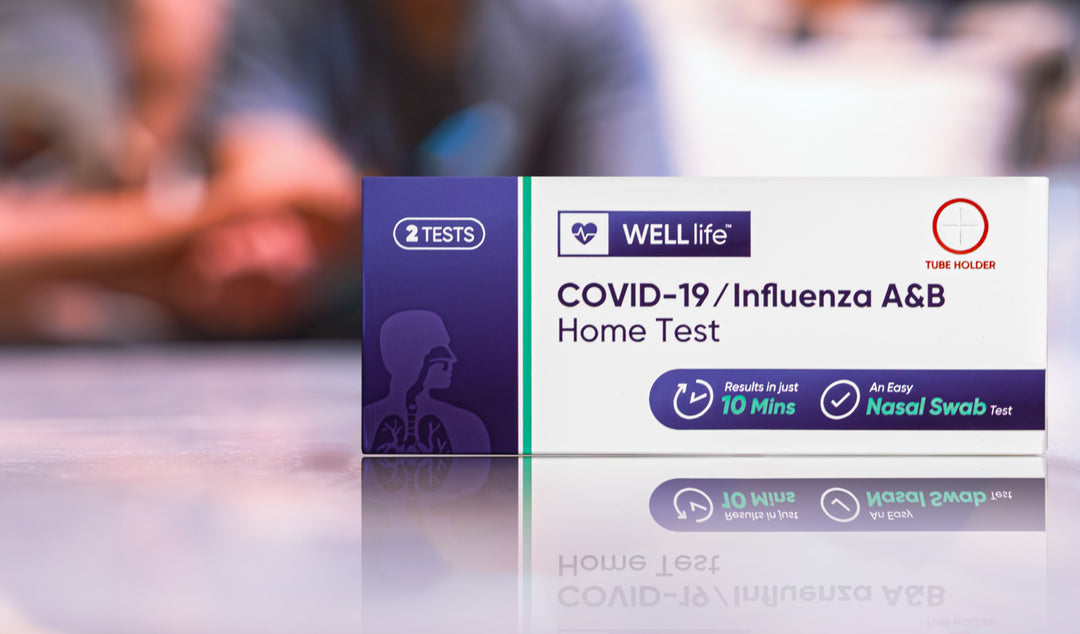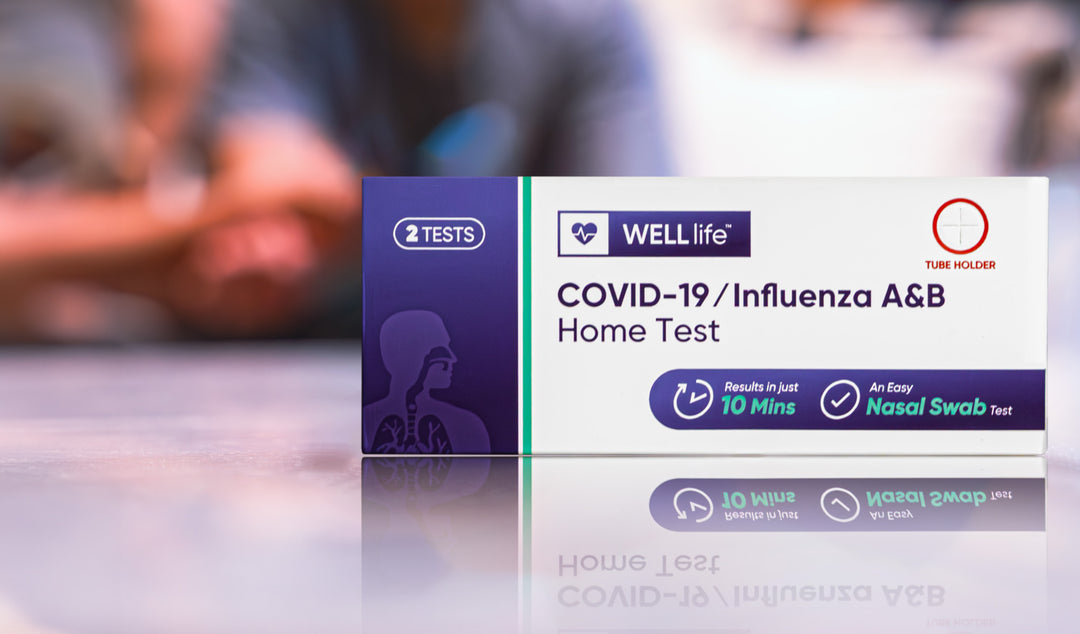Recognizing COVID-19 Symptoms: A Detailed Guide

COVID-19, caused by the SARS-CoV-2 virus, has a wide range of symptoms. Understanding these symptoms can help in early detection, timely medical intervention, and preventing the spread of the virus. This guide provides an in-depth look at COVID-19 symptoms, their progression, and when to seek medical attention.
Common COVID-19 Symptoms
- Fever and Chills: Persistent high fever and chills are common.
- Cough: A dry, persistent cough often accompanies COVID-19.
- Shortness of Breath: Difficulty breathing is a serious symptom that requires immediate attention.
- Fatigue: Severe fatigue and tiredness can last for weeks.
- Muscle and Body Aches: Generalized aches and pains, similar to the flu.
- Headache: Intense headaches are frequently reported.
- Loss of Taste or Smell: Sudden loss of taste or smell is a distinctive symptom.
- Sore Throat: Irritation and pain in the throat.
- Congestion or Runny Nose: Nasal congestion and runny nose can also occur.
- Nausea or Vomiting: Some individuals experience gastrointestinal symptoms.
- Diarrhea: Diarrhea can be a symptom of COVID-19.
Progression of Symptoms COVID-19 symptoms can appear 2-14 days after exposure to the virus. The severity of symptoms can vary widely from mild to severe. In severe cases, symptoms can escalate to acute respiratory distress syndrome (ARDS), pneumonia, and organ failure.
COVID-19 vs. Flu Symptoms While COVID-19 and flu share many symptoms like fever, cough, and fatigue, COVID-19 is more likely to cause loss of taste or smell and more severe respiratory issues. Testing is essential for accurate diagnosis, especially during flu season.
When to Seek Medical Attention Seek immediate medical attention if experiencing:
- Difficulty breathing
- Persistent chest pain or pressure
- New confusion or inability to stay awake
- Bluish lips or face
Prevention and Management
- Vaccination: COVID-19 vaccines are crucial in preventing severe illness and hospitalization.
- Hygiene Practices: Regular handwashing, using hand sanitizers, and wearing masks.
- Social Distancing: Maintaining distance from others, especially in crowded places.
- Home Care: Isolate if infected, stay hydrated, rest, and monitor symptoms. Use over-the-counter medications to manage symptoms as recommended by a healthcare provider.
Conclusion Understanding and recognizing COVID-19 symptoms can significantly impact your health and the health of those around you. Stay informed, follow preventive measures, and seek medical advice when necessary to manage and combat COVID-19 effectively.
For more detailed information on COVID-19 symptoms and prevention, visit the CDC's COVID-19 page.
Explore our comprehensive Well Life COVID-19 Test Kits for accurate and reliable at-home testing.
Well Life



